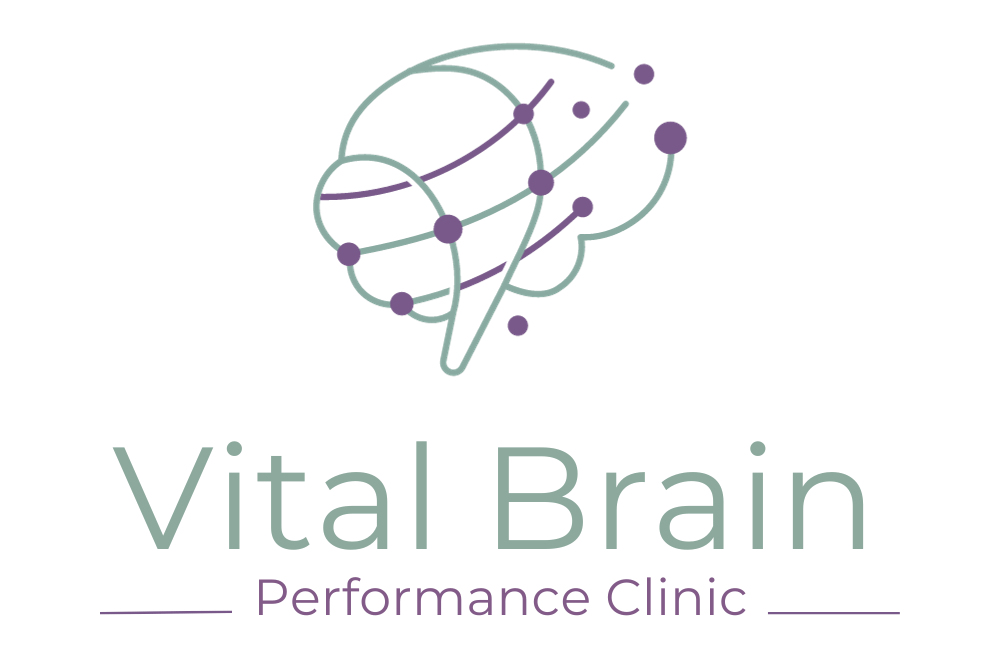Neurofeedback for mental health, a non-invasive brain-computer interface technique, is emerging as a promising treatment for various mental health conditions, including anxiety and depression. By training the brain to regulate its own activity, neurofeedback offers a unique approach to mental health care, empowering individuals to take control of their mental well-being.
Understanding Neurofeedback for Mental Health: How Brainwave Training Alleviates Anxiety and Depression

Neurofeedback for mental health involves monitoring brainwave activity through sensors placed on the scalp. By providing real-time feedback, individuals can learn to regulate their brainwaves and improve their cognitive function and emotional well-being.
Here’s how neurofeedback helps alleviate anxiety and depression:
- Reduced Anxiety: Neurofeedback can help individuals with anxiety to calm their overactive nervous system. By training the brain to produce more alpha and theta waves, which are associated with relaxation and calmness, individuals can experience reduced anxiety symptoms, such as excessive worry, restlessness, and difficulty concentrating.
- Improved Mood Regulation: Neurofeedback can help individuals with depression regulate their mood and increase positive emotions. By targeting specific brainwave patterns, neurofeedback can help individuals feel more balanced, less depressed, and experience increased motivation and energy levels.
- Enhanced Cognitive Function: Neurofeedback can improve cognitive functions such as attention, focus, and memory. By optimizing brainwave activity, individuals can experience increased mental clarity, reduced brain fog, and improved problem-solving skills.
Future Trends in Neurofeedback: Innovations Transforming Mental Health Care in 2025
As technology continues to advance, we can expect to see significant innovations in neurofeedback for mental health:
- At-Home Neurofeedback: With the rise of wearable technology, at-home neurofeedback devices are becoming more accessible. This allows individuals to receive treatment in the comfort of their own homes, making it more convenient and affordable.
- AI-Powered Neurofeedback: Artificial intelligence is being used to develop more personalized and effective neurofeedback protocols. AI algorithms can analyze brainwave patterns and tailor treatment plans to individual needs, optimizing outcomes.
- Integration with Other Therapies: Neurofeedback is increasingly being combined with other therapeutic modalities, such as cognitive-behavioral therapy (CBT) and medication, to enhance treatment outcomes. This integrated approach can provide a more comprehensive and effective treatment for mental health conditions.
Ready to take control of your mental health? Contact Vital Brain Performance Clinic today to learn more about neurofeedback and how it can help you overcome anxiety and depression. Our experienced clinicians can provide personalized neurofeedback training to help you achieve your mental health goals.




